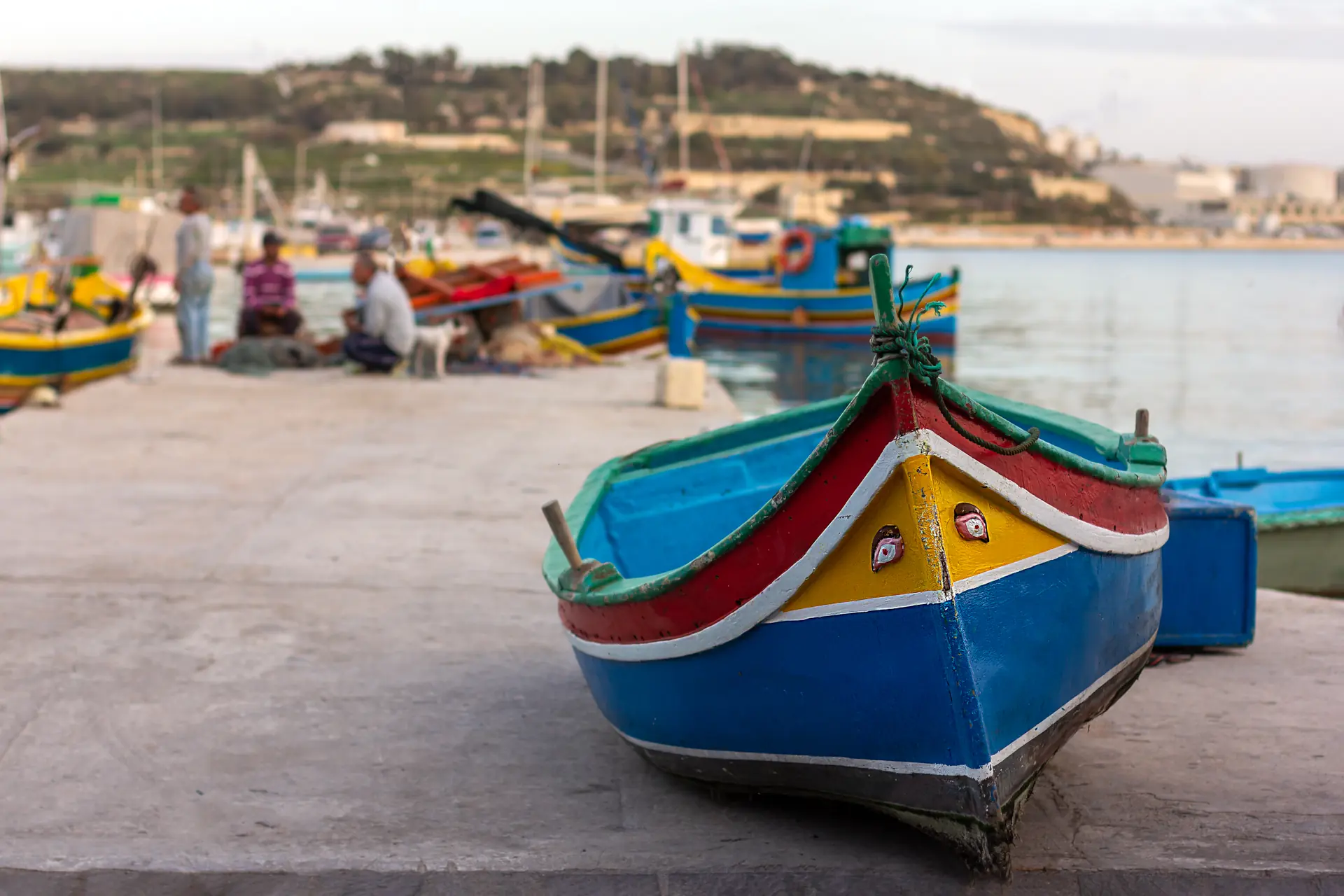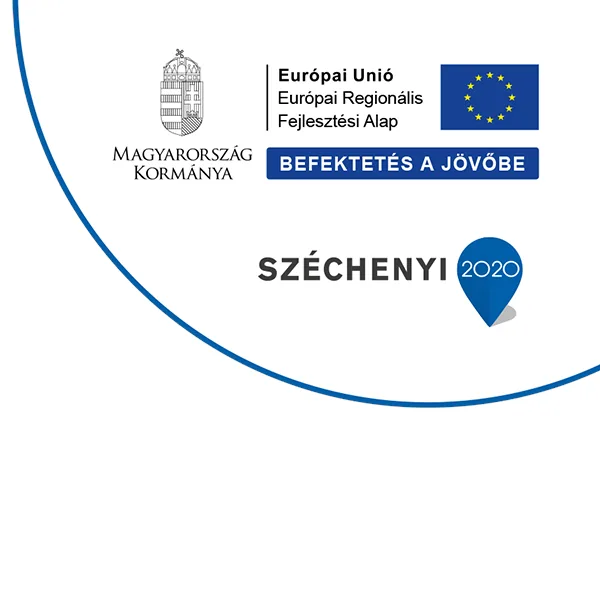The goal of this course is to help teachers learn the basics of sustainability and ecological thinking. They will also learn how to use these ideas in their teaching. Participants will get to know the principles of permaculture, practical tools for a sustainable lifestyle, and methods of ecological education. The course also focuses on nature-based thinking and daily sustainable habits. By the end, teachers will have new knowledge and skills to help students become more aware and responsible for the environment.
Description
This course teaches teachers how to include nature-friendly and sustainable education in their work.
- It starts with the basics of permaculture, which means creating systems that follow nature’s patterns.
- Teachers will learn how to help students understand sustainability and the balance of nature.
- They will explore ways to raise ecological awareness, respect for nature, and encourage responsible decisions.
The course uses fun and hands-on methods to help students learn about nature. These activities help students get closer to the natural world.
Teachers will also learn how to reduce ecological footprints (waste, energy use, etc.) with students. Topics include:
- composting,
- school gardens,
- and zero-waste lifestyle.
The practical part teaches how to plan eco-projects like school gardens. These help students understand teamwork and how to build systems that care for people and nature. The course supports learning through real-life experience and group projects. Teachers will learn how to make exciting lessons where students explore and learn by doing.
At the end, teachers will create and present their own sustainability project, which they can use in their school. They will share feedback and ideas on how to use these methods in the future.
Aims and objectives
- Teach the basics of sustainability and how to use them in school.
- Help teachers guide students to love and respect nature.
- Use project-based and experience-based teaching.
- Teach practical solutions like composting and saving energy.
- Support teamwork through gardening and group projects.
- Use permaculture design ideas in school.
Learning outcomes
By the end of the course, participants will:
- Teach students about sustainable living.
- Help students make responsible, eco-friendly decisions.
- Show students how to live in harmony with nature.
- Start school gardens and other eco-projects.
- Use real-life and fun projects in class.
- Teach everyday eco-practices like composting and saving energy.
- Build a mindset that respects nature and supports long-term care for the planet.

Target groups:
- Teachers working in public or vocational schools who want to include sustainability and ecological ideas in their lessons..
Minimum level of language: English, B1/B2
Location: Málta (Malta)
Duration of training: 30 lessons, 6 days
Date:
- 26-31 October 2026 Planned
- 25-30 October 2027 Planned
Price: EUR 480 + EUR 50 REGISTRATION FEE
This price includes the course, certificate, Erasmus+ documentation (if needed).
Price is NET price. VAT: 0% for organisations with a valid EU VAT number;
in all other cases VAT may apply – please contact us for details.
Applicable funds: As part of the Erasmus+ Key Action 1 (KA1), all costs for mobility /travel expenses, course fees, accommodation, subsistence fee/ are covered by the fund.

Trainer
Orsolya Carrick
Founder and operational leader of Kids and Teens English Club
Orsolya Carrick is the founder and operational leader of Kids and Teens English Club, a private language school specializing in children’s English language education.
Kattintson a gombra, jelentkezzen!
Jelentkezem erre a képzésre!

